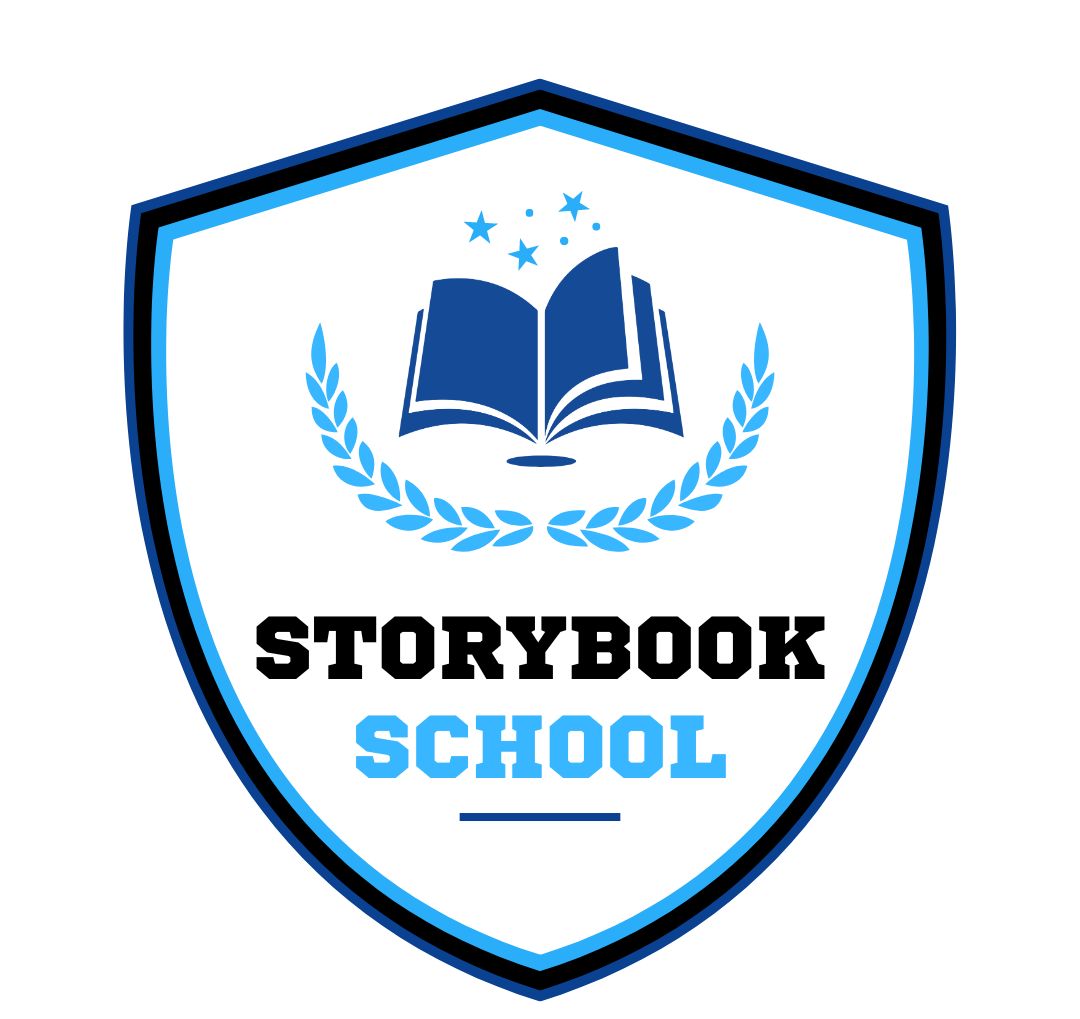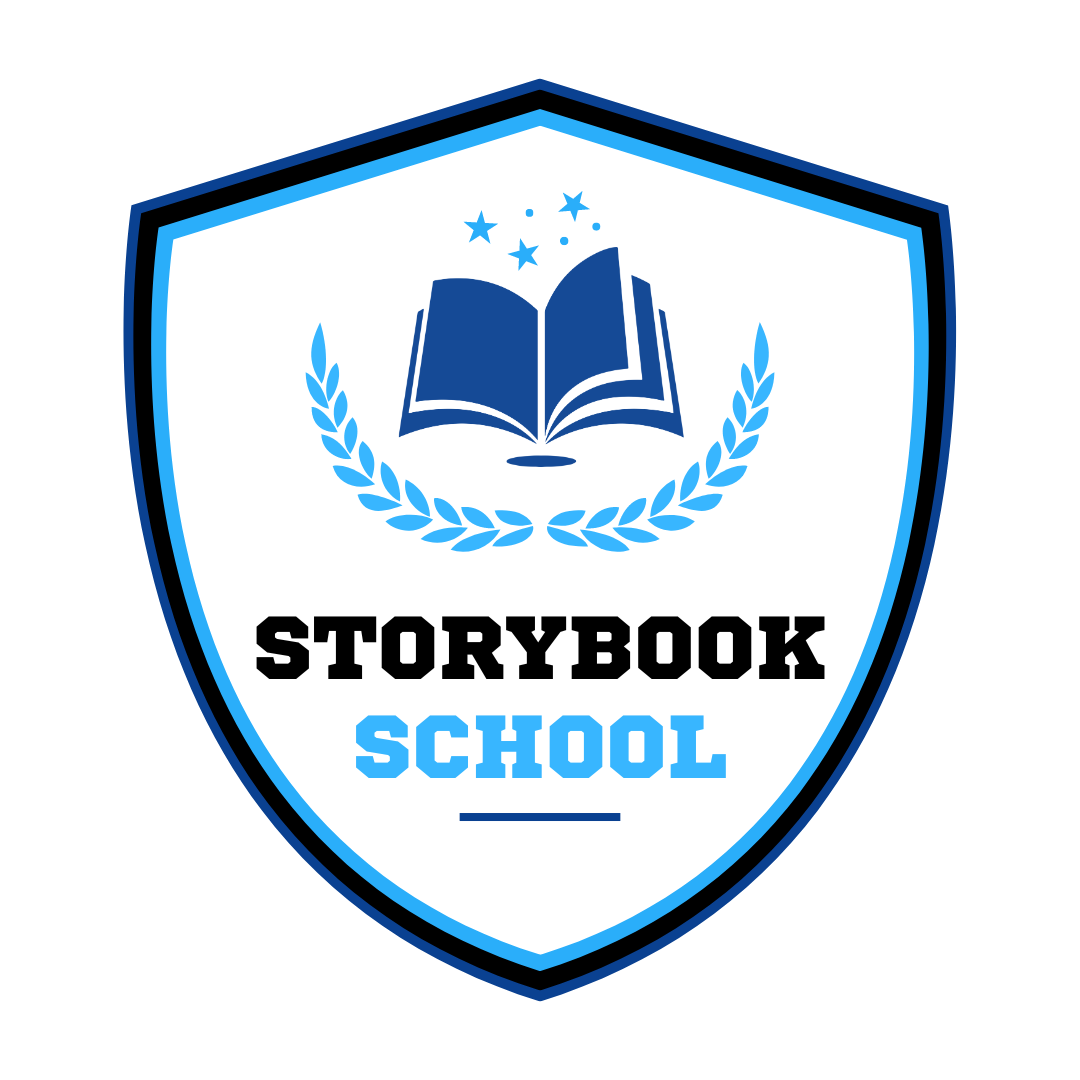What’s the Best Age to Start Child Care? 🤔
November 12, 2024

Let’s be real: deciding when to start child care feels like one of those big parenting decisions—right up there with choosing a name or figuring out when to introduce screen time. So, what’s the deal? Is there a “perfect age” to send your little one to child care? Spoiler alert: it depends. But don’t worry, I’ll break it down for you.
Why Timing Matters ⏳
The “best” age for starting child care varies for every family. It depends on your kid’s needs, your situation, and honestly, your parents' intuition. But let’s look at a few key milestones to help you decide:Infants (6 weeks to 12 months)
Toddlers (1 to 2 years)
Preschool Age (3 to 4 years)
And whenever that moment is for your family, we’ll be right here to support you through it!
Schedule a visit to learn more about our amazing Infant-Preschool programs.
- Pros : Many child care centers are equipped to care for infants with trained staff who know how to handle tiny humans. If you’re heading back to work after maternity or paternity leave, this can be a lifesaver.
- Cons : Some parents feel nervous about leaving their baby so young. Plus, early care can be pricey and harder to find.
Toddlers (1 to 2 years)
- Pros : At this age, kids start benefiting from structured social interactions. Child care can help with language development, sharing skills, and building independence.
- Cons : Separation anxiety might hit hard during this phase—for both of you. It can be tough to watch your toddler cling to your leg as you head out the door.
Preschool Age (3 to 4 years)
- Pros : By now, kids are little sponges, ready to soak up structured activities. Child care can prepare them for school routines, from sitting in a circle to following instructions and teach them essential skills to be Kindergarten ready.
- Cons : If you’ve stayed home this long, the transition might be a bigger adjustment—for them and for you.
So, When Should You Start?
Here’s the thing: there’s no “one-size-fits-all” answer. But here are some tips to guide you:- Consider Your Needs : Are you going back to work? Need a break to recharge? Is your child ready for structure, routine, and more social interaction? Your family’s unique needs should guide your choice.
- Visit and Observe : Don’t leave this to chance. Most childcare centers offer free tours where you can:
- See the facilities firsthand.
- Meet the teachers and staff.
- Observe how caregivers interact with kids.
- Pay attention to cleanliness, the overall organization, and how staff engage with the children—it’s a sneak peek into how they’ll treat your child if you choose them.
The Bottom Line
There’s no perfect age to start child care—just the right age for your family. Whether you jump in at 3 months, 3 years, or anywhere in between, you’re doing what works for you and your little one.And whenever that moment is for your family, we’ll be right here to support you through it!
Schedule a visit to learn more about our amazing Infant-Preschool programs.
Oh, and one last thing: give yourself some grace. You’re rocking this parent thing—even on the hard days.

Storytelling has been a cornerstone of human connection for thousands of years. From ancient myths passed down orally to modern picture books read aloud at bedtime, stories help us make sense of the world. For children, storytelling is much more than entertainment. It is a powerful educational tool that lays the foundation for language development, cognitive growth, emotional understanding, and social connection. At Storybook School Orlando, we embrace storytelling as a core component of our curriculum, using it to inspire curiosity, ignite imagination, and nurture the whole child. The Magic of Stories in Early Childhood Children are natural storytellers. Long before they can read or write, they begin crafting narratives through play, pictures, and conversations. Storytelling taps into this instinctive creativity and helps children explore their thoughts and emotions. The repetitive patterns, rich language, and clear structures of traditional fairy tales, folk stories, and modern narratives provide children with frameworks that support their developmental milestones. When children hear stories, they are exposed to new vocabulary, sentence structures, and expressive language. Repetition and rhyme in stories like "The Three Little Pigs" or "Brown Bear, Brown Bear, What Do You See?" help children predict and participate in the storytelling, reinforcing their understanding of language patterns. Building Language and Literacy Skills Storytelling is a gateway to literacy. Listening to stories strengthens a child’s listening and comprehension skills, which are critical precursors to reading. It helps them understand narrative structure: beginning, middle, and end; problem and resolution; cause and effect. These are foundational elements of literacy that children begin to internalize from a very young age. Reading aloud to children also boosts phonemic awareness—the ability to hear, identify, and manipulate sounds in spoken words. This skill is a predictor of future reading success. Storytelling, particularly when paired with visual aids or books, helps children connect spoken language with printed words, paving the way for independent reading later on. At Storybook School Orlando, we incorporate a wide variety of stories, from classic fairy tales to multicultural folktales and contemporary picture books. Our storytelling sessions are interactive, encouraging children to predict outcomes, retell stories, and even create their own endings. This active participation deepens comprehension and makes learning joyful. Cognitive and Emotional Development Through Narrative Stories help children make sense of complex ideas and abstract concepts. By listening to and telling stories, children practice critical thinking and problem-solving. They learn to anticipate what might happen next, understand character motivations, and grasp the consequences of actions. Fairy tales often feature moral dilemmas, challenging characters, and emotional highs and lows that reflect real-life experiences. Through stories, children learn about courage, kindness, honesty, and perseverance. These narratives provide a safe space to explore big emotions like fear, jealousy, and sadness, helping children develop empathy and emotional intelligence. For example, when a child hears the story of "The Ugly Duckling," they relate to feelings of not belonging or being misunderstood. When the story resolves with the duckling becoming a beautiful swan, it reinforces themes of transformation and self-worth. These emotional connections leave lasting impressions and help children navigate their own feelings. Fostering Social and Cultural Awareness Storytelling also fosters social development by exposing children to diverse perspectives and experiences. Through multicultural stories and tales from different parts of the world, children learn about traditions, values, and ways of life that are different from their own. This builds empathy, respect, and appreciation for diversity. Group storytelling sessions at school promote cooperation, turn-taking, and active listening. When children are invited to share their own stories, they develop confidence in their voices and learn to value the voices of others. Storytelling becomes a bridge for communication, creating bonds among classmates and between teachers and children. At Storybook School Orlando, we celebrate cultural heritage through storytelling events, inviting families to share traditional stories from their backgrounds. These shared narratives enrich our community and affirm the importance of each child’s identity and culture. Creativity and Imagination: The Heart of Storytelling At its core, storytelling nurtures the imagination. It encourages children to dream big, think creatively, and envision new possibilities. Through pretend play and story creation, children develop narrative thinking—the ability to organize thoughts, build connections, and express themselves in meaningful ways. Our classrooms are filled with props, puppets, costumes, and story-themed play centers that invite children to bring stories to life. Whether reenacting "Goldilocks and the Three Bears" in the dramatic play area or creating an original story about space-traveling animals, children are constantly exercising their creativity. We also encourage children to become authors and illustrators of their own books. These storytelling activities empower them to see themselves as creators of content, not just consumers, boosting confidence and communication skills. Storytelling Beyond the Classroom Storytelling doesn’t end at school. We encourage parents to continue the magic of stories at home. Reading bedtime stories, making up tales during car rides, or even recounting family memories can strengthen bonds and reinforce learning. Here are a few ways parents can support storytelling at home: Read Aloud Daily: Choose a variety of books and take time to talk about the story. Encourage Retelling: Ask your child to tell the story back to you in their own words. Create Stories Together: Take turns adding parts to a made-up story. Use Props and Puppets: Bring stories to life with toys or homemade puppets. Celebrate Storytelling: Attend library story times, school events, or make your own family storytelling night. To make the most of storytelling experiences, it helps to prepare your child emotionally and socially for group settings. Read more about how to prepare your child for daycare and understand the best age to start childcare to support their journey. Conclusion At Storybook School Orlando, we believe that stories shape the way children understand themselves and the world around them. Storytelling isn’t just a part of our curriculum—it’s at the heart of everything we do. From fairy tales to personal narratives, stories provide the foundation for language, learning, empathy, and imagination. By embracing storytelling, we help children build strong foundations not just for school success, but for lifelong learning and connection. After all, every child’s story is just beginning—and we are honored to help them write the first chapter.

Getting your little one ready for daycare this winter? We share practical tips for Florida parents, from dressing in layers for unpredictable weather to boosting your child’s immune system. Learn how to pack smart, establish routines, and handle the inevitable germs like a pro. This guide has everything you need to make daycare a smooth and stress-free experience!

Discover the unique advantages of enrolling early in the year! Starting in winter allows children a smoother transition, with quieter classrooms and more individualized attention. From building social skills to preparing for academic success, early enrollment offers countless developmental benefits that lay the foundation for lifelong learning. Dive into why winter might be the perfect season to kickstart your child’s educational journey.





